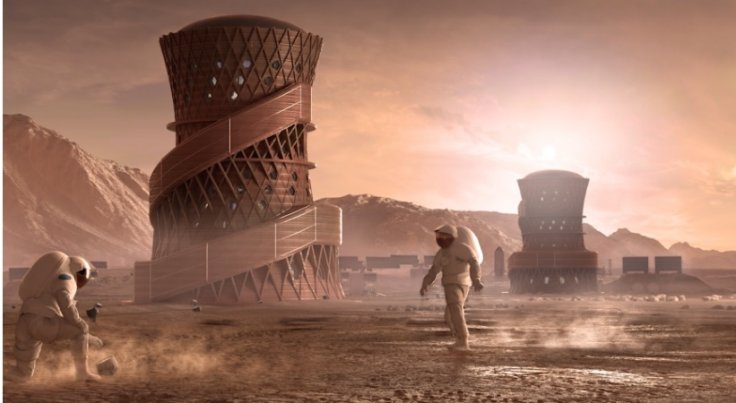
NASA, the United States space agency is now busy preparing plans to land humans on the moon and experts believe that this is the first step to achieve the ultimate goal - Mars colonization. Even though there are uncertainties regarding funding, NASA aims to land on the moon by 2023 and Mars in 2033.
However, several experts believe that landing humans on Mars will be undoubtedly a Herculean task, and NASA may not achieve this goal within the stipulated deadline.
"A lot of people want us to have an Apollo moment, and have a president stand up like Kennedy and say, we've got to do it and the entire country comes together. If that happened, I would actually say 2027. But I don't think that's going to happen. I think in our current approach, we are going to be lucky to do it by the 2037 date," said Robert Howard, a researcher who works at the Johnson Space Center in Houston, Phys.org.
Howard also suggested that this deadline may be extended to 2060s if the space agency faces various other issues.
As per experts, there are various challenges humans will face during Mars missions. For example, it will only take three days to reach the moon, while it will take more than six months to reach Mars. It should be also noted that the entire Mars mission will take two years to complete, and due to this, the space agency will face many technical challenges.
Julie Robinson, NASA's chief scientist for the International Space Station revealed that quality space suits should be given to the astronauts to shield them from cosmic and solar radiations. As per Julie Robinson, another challenge NASA is going to face during the Mars mission is to supply food for the astronauts. Medical emergencies faced by astronauts will be another challenge faced by NASA during Mars missions.
In the meantime, SpaceX headed by Elon Musk is also planning to take humans to Mars. A few months back, Elon Musk had revealed that the government that will be set up in Mars will be based on direct democracy. He also added that the first inhabitant on the Red Planet may be an artificial-intelligent robot.









